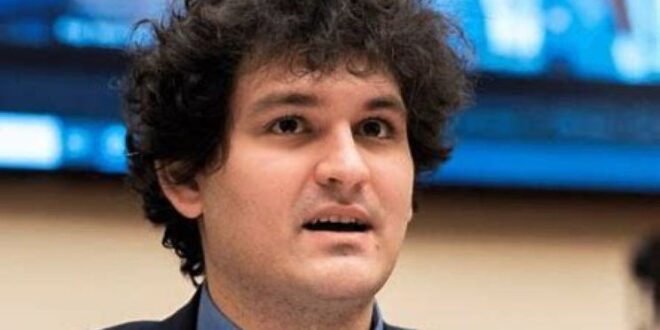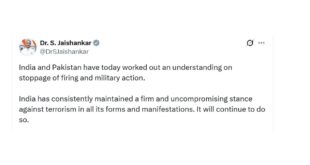Sam Bankman-Fried (SBF), the disgraced founder of FTX, isn’t staying silent. In a new interview with The New York Sun, he claims that the court’s narrative about his role in FTX’s collapse was misleading. As he awaits sentencing, SBF is pushing back against accusations of fraud, arguing that key details were misrepresented in the trial. But will his defense hold up?
SBF’s Key Claims
In the interview, Bankman-Fried made several assertions that contradict the court’s findings, including:
- Misleading Narrative: He argues that prosecutors oversimplified FTX’s downfall and painted him as the mastermind behind intentional fraud.
- Lack of Criminal Intent: SBF insists that while mistakes were made, there was no intent to deceive customers or investors.
- Selective Evidence Use: He suggests that crucial context was left out, making him appear more culpable than he believes he actually is.
The Reality: Court’s Findings vs. SBF’s Version
Despite SBF’s claims, the trial evidence painted a damning picture:
- Massive Customer Fund Misuse: The court found that billions in user deposits were misappropriated without proper disclosure.
- Contradictory Testimonies: Former FTX insiders, including Caroline Ellison and Gary Wang, testified against SBF, detailing how funds were secretly funneled into Alameda Research.
- Public & Political Fallout: Many see SBF’s latest remarks as an attempt to salvage his reputation rather than a legitimate challenge to the verdict.
Will It Change Anything?
SBF’s latest statements may win him some sympathy from those still skeptical about FTX’s collapse, but legally, his fate is largely sealed. His sentencing is set to take place soon, and most experts believe his recent comments are unlikely to sway the outcome.
Sam Bankman-Fried continues to fight against the narrative of his trial, but the weight of evidence remains stacked against him. Whether his latest defense strategy is an attempt at damage control or a genuine plea for reconsideration, the crypto world is watching closely. The real question now: will the court listen?
 Business Sandesh Indian Newspaper | Articles | Opinion Pieces | Research Studies | Findings & News | Sandesh News
Business Sandesh Indian Newspaper | Articles | Opinion Pieces | Research Studies | Findings & News | Sandesh News



